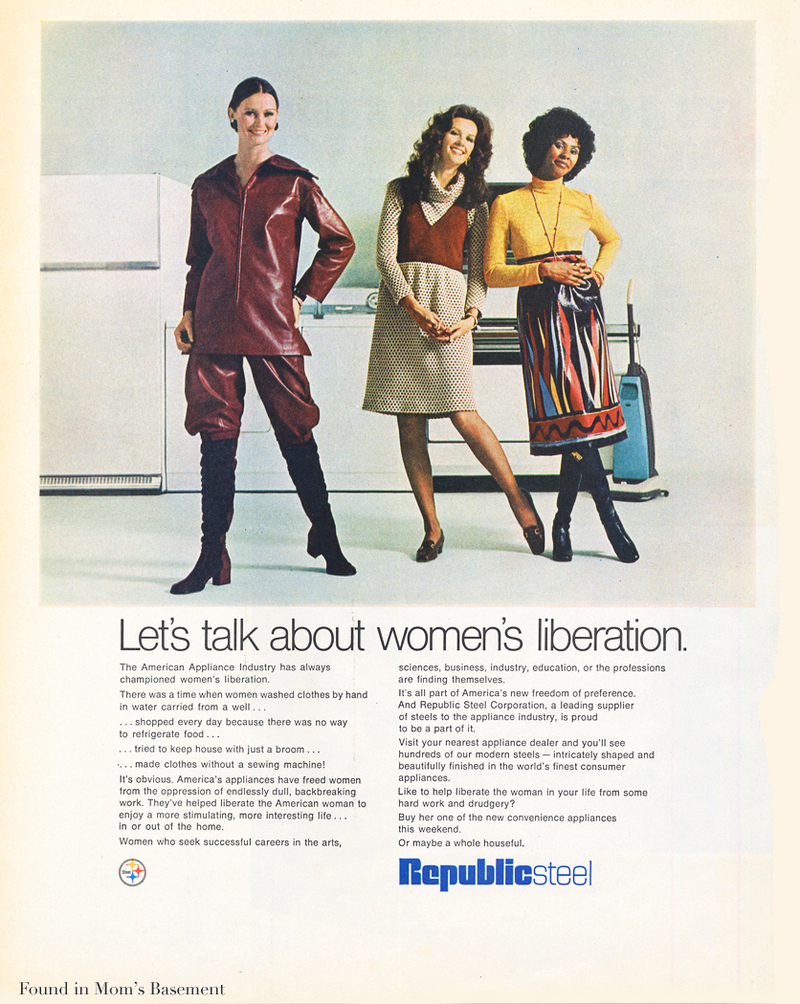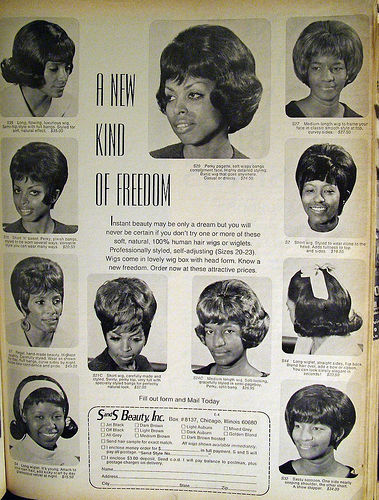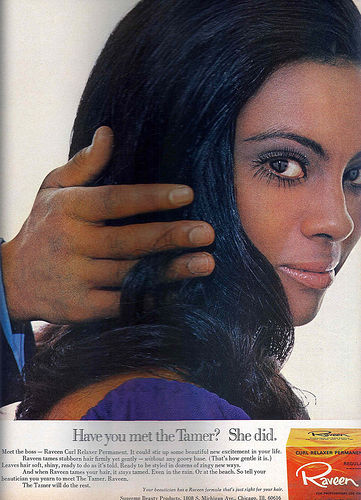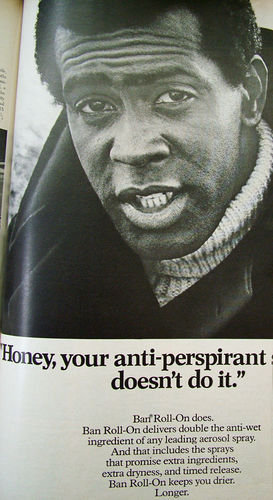Thanks to Dmitriy T.M. for sending this speech by Joss Whedon (responsible for Buffy the Vampire Slayer) at an Equality Now event. His comments begin at 2:00 (after an introduction by Meryl Streep):
—————————
Lisa Wade is a professor of sociology at Occidental College. You can follow her on Twitter and Facebook.







